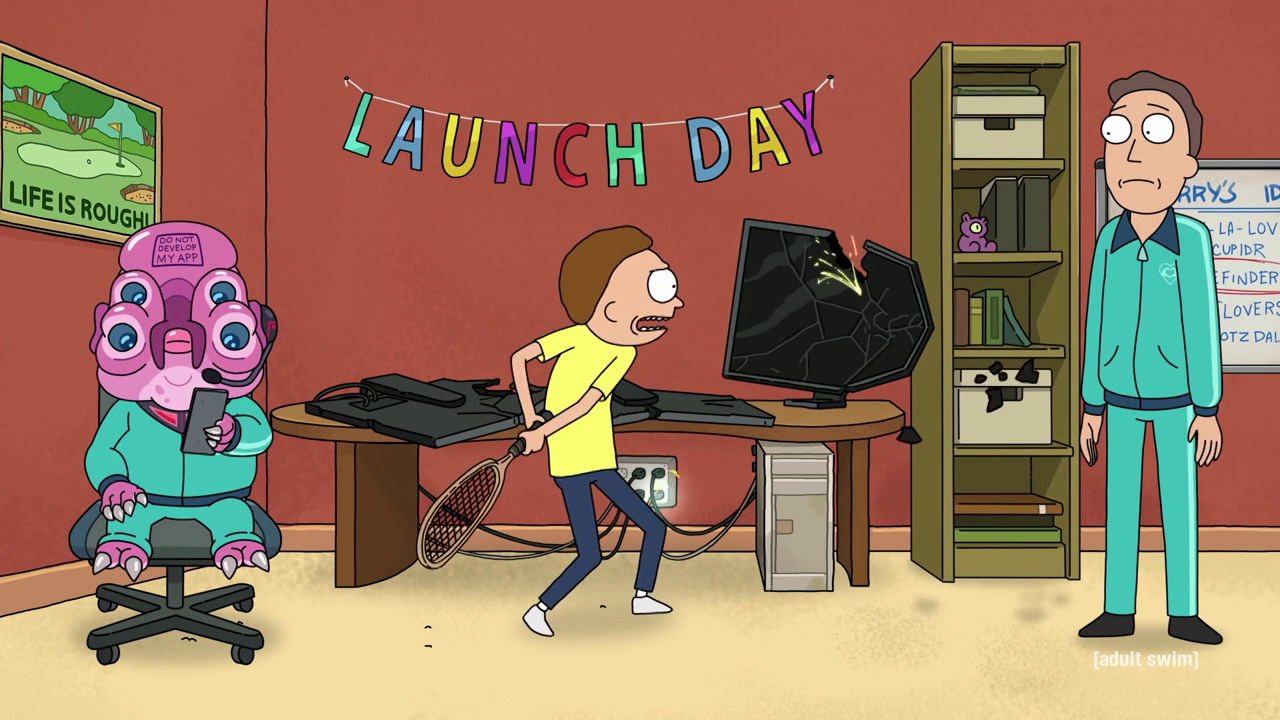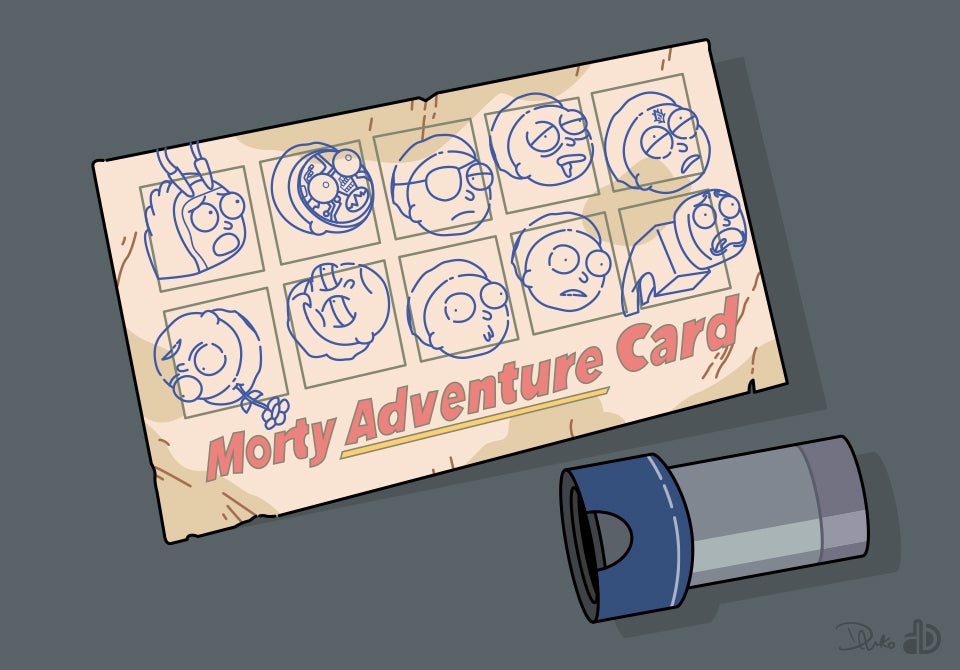A HIDDEN BALANCING ACT: Managing with Boredom & Parental Control During COVID-19
HOW YOU MAY BE FEELING
Socially-disconnected

Over-monitored

Agitated

Annoyed

Bored

The next parts of this section will include more information about these feelings and some ways to deal with them! Notice how similar some of these faces are or how you may assign them differently. Being able to notice and name your feelings is important during this time.
STRATEGIES FOR WHAT YOU MAY BE THINKING

Sometimes boredom may make you consider experimenting with alcohol or getting consumed with using technology, like the Internet or your phone.
This is another time to use some of the suggested resources or try or revisit a hobby. If you are working through some issues with your caregiver(s), these are some strategies to communicate in a more gentle way:

For those worried about their caregiver(s) job, whether that be because they may or have lost a source of income or they are an essential worker:
It is totally fine to be concerned about how not only you, but also your caregiver, is experiencing the pandemic. This article discusses how this could be similar to experiencing a natural disaster or other types of devastation. People are dealing with different kinds of loss and many will need to heal during and post-pandemic.
Here is a helpful tool that is recommended by mental-health professionals:
Overall, some of the things discussed above will also apply when your caregiver(s) is dealing with stress. Check out the other stuff in the teenager section about how you may be experiencing the pandemic.
Here are some links about dealing with COVID-related anxiety:
SEATTLE CHILDREN'S HOSPITAL ARTICLE
CENTRAL TEXAS ABC NEWS ARTICLE
These are broad tips and probably do not cover all aspects that add to your anxiety. So, it is encouraged to seek out support groups, therapy, and other professional services!
If your parent is an essential worker, a way you can
help prevent the spread of COVID-19 is by disinfecting commonly touched areas
of your home, keeping personal items separate from your caregiver(s)' work
clothing, and checking in about your well-being and health. Check out these
tips for essential workers:
STRATEGIES FOR HOW YOU MAY BE ACTING

You may find yourself trying to avoid asking your parents for help, but, at the same time, still wanting to check in with them about your physical and mental health, updates on COVID-19, and other changing circumstances because of the pandemic.
Check out these two articles for parents and then share them with your caregiver(s)! Don't just send them the link for them to read later--walk them through how they can use the tips with you.
You may want to do the opposite of what you being asked to do by not only your caregiver(s), but also the rules around sheltering-in-place.
Owning your need for autonomy is important! Along
with finding distractions, find ways to connect with your People (your friends,
family, anyone you care for, etc.) in way that is virtual (obvi!) and real. It
may feel awkward at first, but it is important to figure out a way to virtually
interact with people that satisfies that basic need of connectedness.
Websites for self-care, expression, & adventuring outside
(some that are COVID-19 related)
TrevorSpace
Not COVID-related, but for LGTBQ-identifying 13-24 year olds.
Voices of Youth
Submit your art that you've been working on since schools have closed!
OK2Talk Submission
Not COVID-related, this blog is run by the National Alliance on Mental Illness and post mental health stories from teenagers.
Aurora Mental Health Resource
Not COVID-related, coloring pages, yay!
Words Alive! Writing Resource
Exercises and lessons for pandemic boredom.
Supporting Our Valued Adolescents (SOVA) Research Project
Blog about dealing with mental health issues, like depression & anxiety.
Kids Health Tips for Social Distancing
For when you're taking walks or exercising.

